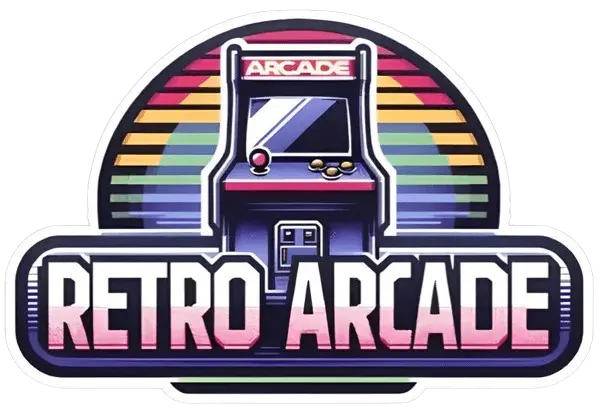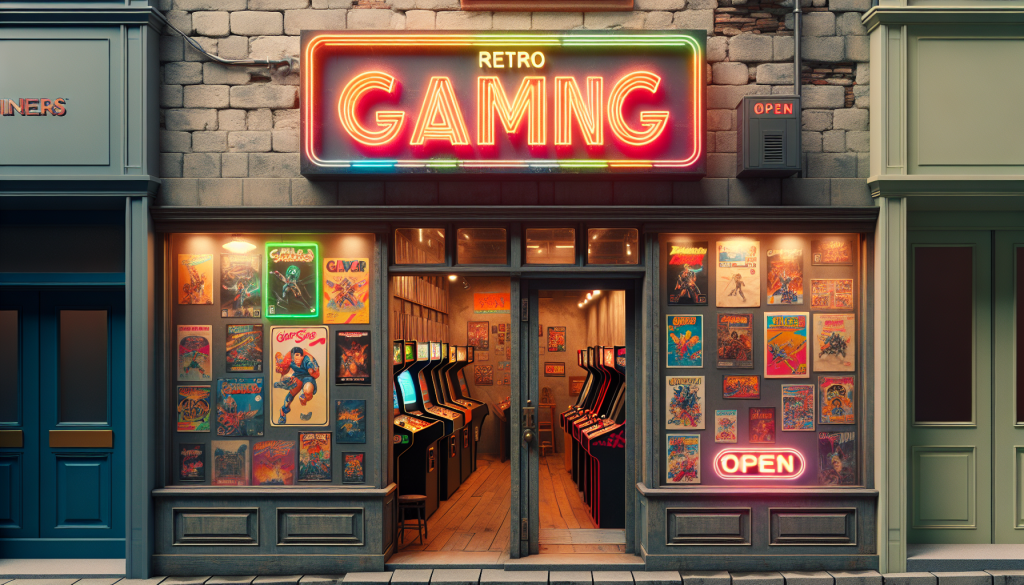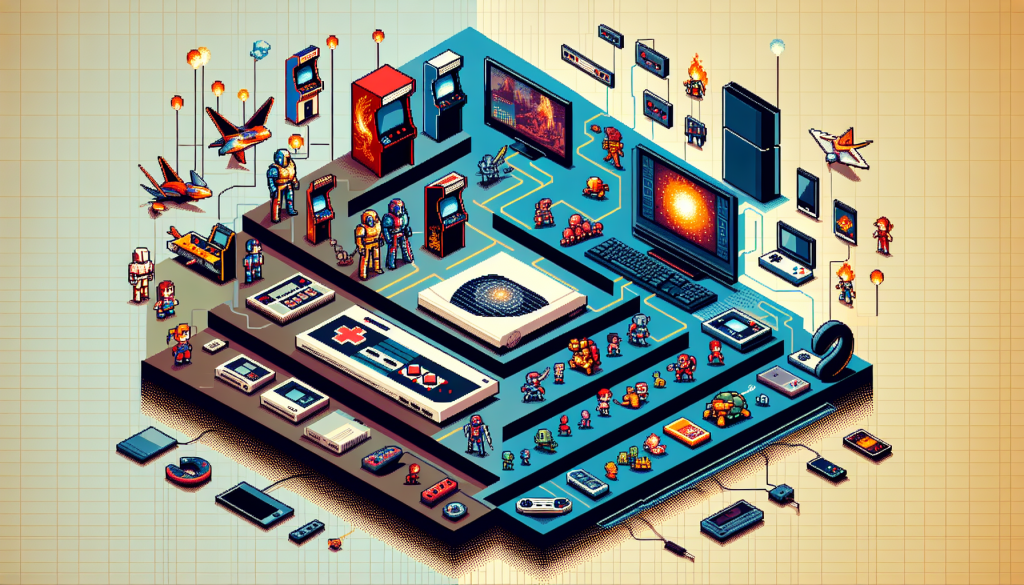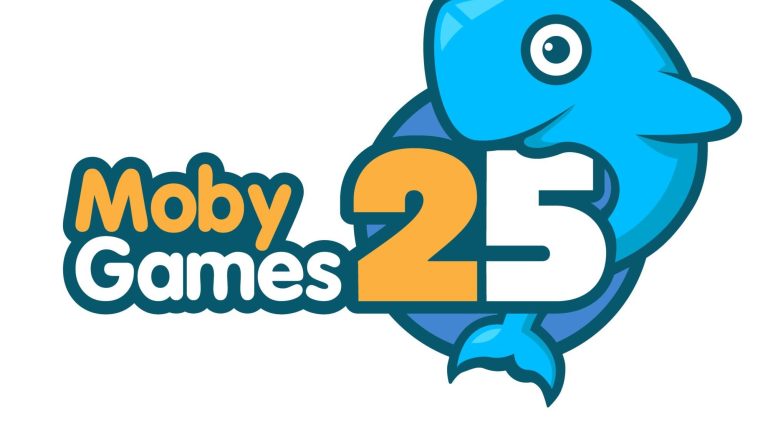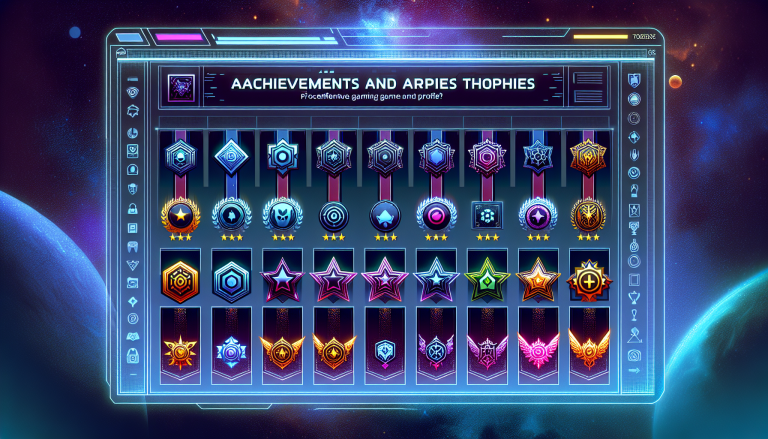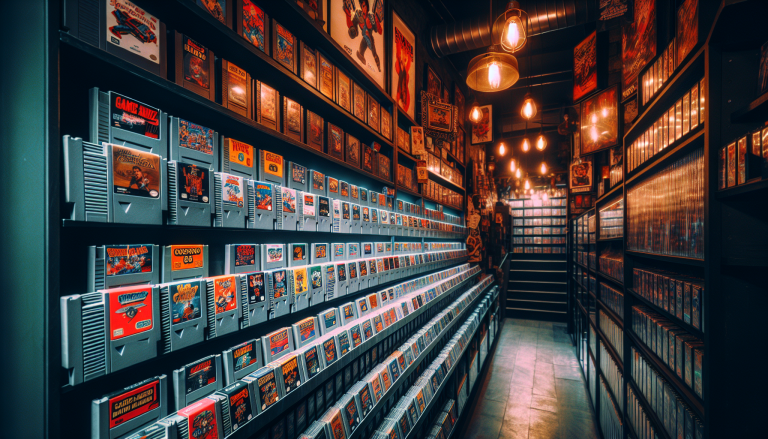The Growing Crisis: Unavailability of Classic Games
Ever tried to relive those glory gaming days by playing your favourite iconic games, only to realize that they are nowhere to be found? You’re not alone in this. The unavailability of classic games is a growing crisis that’s causing a stir among enthusiasts and gaming veterans alike. With every passing year, it becomes increasingly difficult to access and play games that once defined the industry.
The Vanishing Links to Our Digital Past
The renaissance of classic video games has hit a stumbling block. Remember the joy of playing the original Super Mario Bros on NES, or battling the pixelated monsters in Doom? These nostalgic memories are under threat as we lose the ability to access and play these retro games.
But why should we care about these old games? For many of us, they hold fond childhood memories. They were the pioneers, shaping the gaming industry into what it is today. They are an integral part of our digital history, and losing them would mean losing a piece of our culture.
Why are Classic Games Disappearing?
The reasons for the unavailability of classic games are as complex as they are varied. In many cases, the original creators or copyright holders are no longer around, leading to ‘abandonware’ – games that are discontinued and not supported or sold by the original developers.
- In some instances, the technology used to create these games is obsolete, causing compatibility issues with modern hardware and operating systems.
- Legal issues often come into play too. Copyright disputes and licensing issues can prevent a game from being re-released or remastered.
- Then there’s the issue of profitability: Companies may not see the financial benefit in reviving older games, especially with the constant flow of new titles.
These factors, among others, contribute to the vanishing act of classic games from the market and our screens.
The Impact
This unavailability not only deprives gamers of the chance to relive their fond memories but also robs new generations of experiencing the roots of gaming. Moreover, it’s a blow to the preservation of digital heritage: With every game we lose, we’re losing a chunk of our technological past.
But don’t lose hope just yet. The situation may be dire, but it’s not a cause lost. The gaming community is waking up to the crisis, and efforts are being made to preserve these gems of our digital history.
However, it’s a steep uphill battle, and the path to preserving classic games is riddled with challenges. Stay tuned to learn more about these challenges and the potential solutions to this crisis in our upcoming sections.
So, the next time you yearn to play a game from your past, remember, it’s not just a game. It’s a piece of our shared digital heritage that’s at risk of getting lost in the sands of time.
The Importance of Preserving Digital Gaming Heritage
When we talk about preserving history, we often think about books, music, and art. But, have you ever pondered about the preservation of digital gaming heritage? Yes, the classic games that we grew up playing, like Pac-Man or Super Mario, are just as important a part of our cultural heritage.
The Nostalgic AttachmentFirst and foremost, there’s a level of nostalgia attached to these classic games. They transport us back to a time when we were younger, and life was simpler. Is there anyone out there who wouldn’t like to relive their childhood by playing a game of Tetris or Sonic the Hedgehog?
The Learning Curve
Classic games are also important for the lessons they teach us. They possess a simplicity that modern games often lack, making them great tools for introducing beginners to the world of gaming. Tetris teaches us about spatial awareness, Pac-Man about strategy, and Super Mario Bros about problem-solving. Classic games are not just games; they are life lessons wrapped in fun.
Understanding the Evolution of Gaming
Preserving classic games allows us to understand the evolution of gaming. It’s fascinating to see how gaming has progressed, from basic 8-bit graphics to the incredibly realistic and immersive experiences we have today. By preserving these games, we can see the stepping stones that led to current gaming trends and innovations.
The Economic Impact
Lastly, let’s not forget the economic impact. Classic games laid the foundation for the multi-billion dollar gaming industry we see today. They paved the way for the development of new genres and gameplay mechanics, and their influence can still be seen in modern games.
Challenges to Preservation
Despite their importance, preserving classic games comes with its own set of challenges. But before we get into that, let’s take a moment to appreciate the importance of these games in our lives and our culture. They hold a significant place in our history and deserve to be preserved for future generations.
Part of Our Cultural HeritageSo, the next time when you stumble upon a classic game, take a moment to appreciate it. It’s not just a simple game; it’s a piece of digital heritage that has survived the test of time. And who knows? Maybe it’ll inspire you to do your part in preserving these classic pieces of gaming history.
Challenges to the Preservation of Classic Games
Hey there, gaming aficionado! Hope your joystick thumbs are doing well. Today let’s discuss something important yet not often talked about in the gaming universe – The challenges we face in preserving those good ol’ classic games.
Understanding the Main Culprits
Preserving classic games is no easy task, as many influential factors can make it a complex process. Let’s take a look at some of the main culprits causing this difficulty:
- Technological Obsolescence: This is a major challenge. Today’s advanced technology often makes older systems obsolete, which in turn can lead to the loss of classic games, as they may not be compatible with newer platforms.
- Intellectual Property Laws: Sometimes, classic games become victims of the complex web of intellectual property laws. If the company that created a game no longer exists or the rights to the game are tangled in legal disputes, preserving the game can become a daunting task.
- Lack of Interest: Another critical challenge is simply the lack of interest or understanding about the importance of game preservation from both the public and the industry. Without a demand, the supply often dwindles.
Digging Deeper into the Issues
Now that we have a basic understanding, let’s delve deeper into these challenges.
Technological obsolescence is a tricky one. Our tech world evolves at lightning speed, and while this is fantastic for innovation, it’s not so great for game preservation. Classic games were not designed to be future-proof, and many can’t be played on modern devices. This is a significant hurdle for those wishing to preserve and play these games.
Then, we have intellectual property laws. These laws are essential for protecting the rights of creators, but they can also hinder the preservation of classic games. The rights to a game may be held by multiple parties, making it nearly impossible to get the necessary permissions to preserve it. Sometimes, the rights holders are unknown or untraceable, further compounding the problem.
Lastly, let’s address the elephant in the room – the lack of interest. Unfortunately, many people simply don’t see the value in preserving older games, viewing them as obsolete or irrelevant in the face of modern gaming technology. Industry professionals often share this viewpoint as they are more focused on creating new games than preserving old ones. This lack of interest and understanding is a substantial barrier to the preservation of classic games.
So, there you have it, my fellow gamers. The challenges to preserving classic games are substantial, but not insurmountable. Do keep in mind that every challenge presents an opportunity for a solution. And who knows, maybe you will be the one who figures out how to effectively preserve the games we grew up with and love.
Potential Solutions to the Classic Games Availability Crisis
Let’s face it, the unavailability of classic games is a problem that’s been growing over the years. These gems of our childhood, these windows into our gaming past are fading away and it’s about time we came up with some solutions to tackle this crisis. Here are some potential answers to the predicament we find ourselves in.
1. Emulation
Emulation is a method that has been used by many gamers and developers alike to access and revive old games. It involves creating a software version of older hardware to allow classic games to run on modern systems. For example, you can play the old Super Mario Bros. on your shiny new PC or smartphone, thanks to emulators. However, it’s worth noting that the legalities surrounding emulation can be a bit murky.
2. Remasters and Re-releases
Remastering and re-releasing games can also be an effective way to preserve these classics. Developers can give these games a modern touch by improving graphics, adding new content, and making other enhancements. Not only does this make classic games accessible on modern platforms, but it also introduces these gems to a new generation of gamers.
3. Digital Platforms and Stores
Online digital platforms and stores like Steam and GOG offer a wide range of classic games for purchase and download. These platforms often collaborate with game developers to make older games compatible with modern systems. This then ensures the classic games are preserved and available for new and seasoned gamers alike.
4. Subscription-based Services
With the rise of subscription-based services like PlayStation Now, Xbox Game Pass, and Nintendo Switch Online, many classic games are becoming more accessible. These platforms offer a library of games for a monthly or yearly fee, including a range of beloved classics.
5. Game Preservation Organizations
Various non-profit organizations have taken it upon themselves to preserve classic games. These groups work to legally preserve, catalogue, and digitize classic games. In turn, these games become accessible to researchers, developers, and gamers.
The classic games crisis is indeed a pressing issue. However, with a bit of creativity, technological know-how, and collaborative effort, it’s certainly not impossible to overcome. It’s time we rolled up our sleeves and got to work preserving these important pieces of our digital heritage.
